Epic Games Store: direct Steam competition
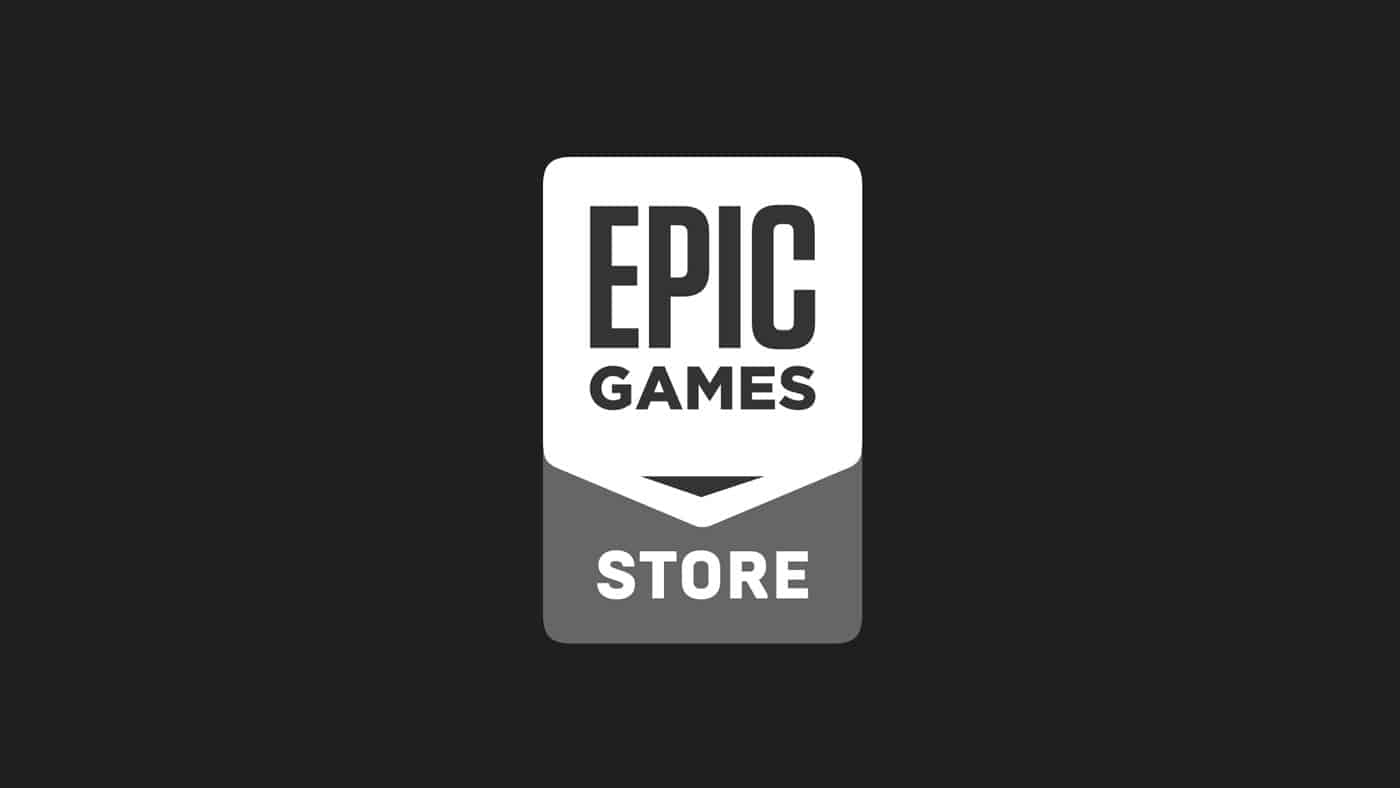
Epic Games, maker of Unreal Engine and games such as Unreal Tournament, Fortnite or Gears of War, announced that it will soon launch an online games store.
Details are a bit murky: Epic Games plans to launch with a set of "hand-curated" games for PC and Mac and open the store to a wider assortment of games and other platforms such as Android throughout 2019.

The store is positioned as a direct competitor to Steam, the dominating game distribution platform, and not to company or publisher specific stores operated by Ubisoft, Electronic Arts or Blizzard; the main reason for that is simple: Epic Games does not limit the Store to its own games.
Epic Games plans to get developers on board by giving them better revenue split deals. Developers and publishers pay Valve 30% for every game sale on the platform whereas they will pay Epic Games just 12%. Developers using the Unreal Engine will save another 5% as the 12% include the engine royalty already.
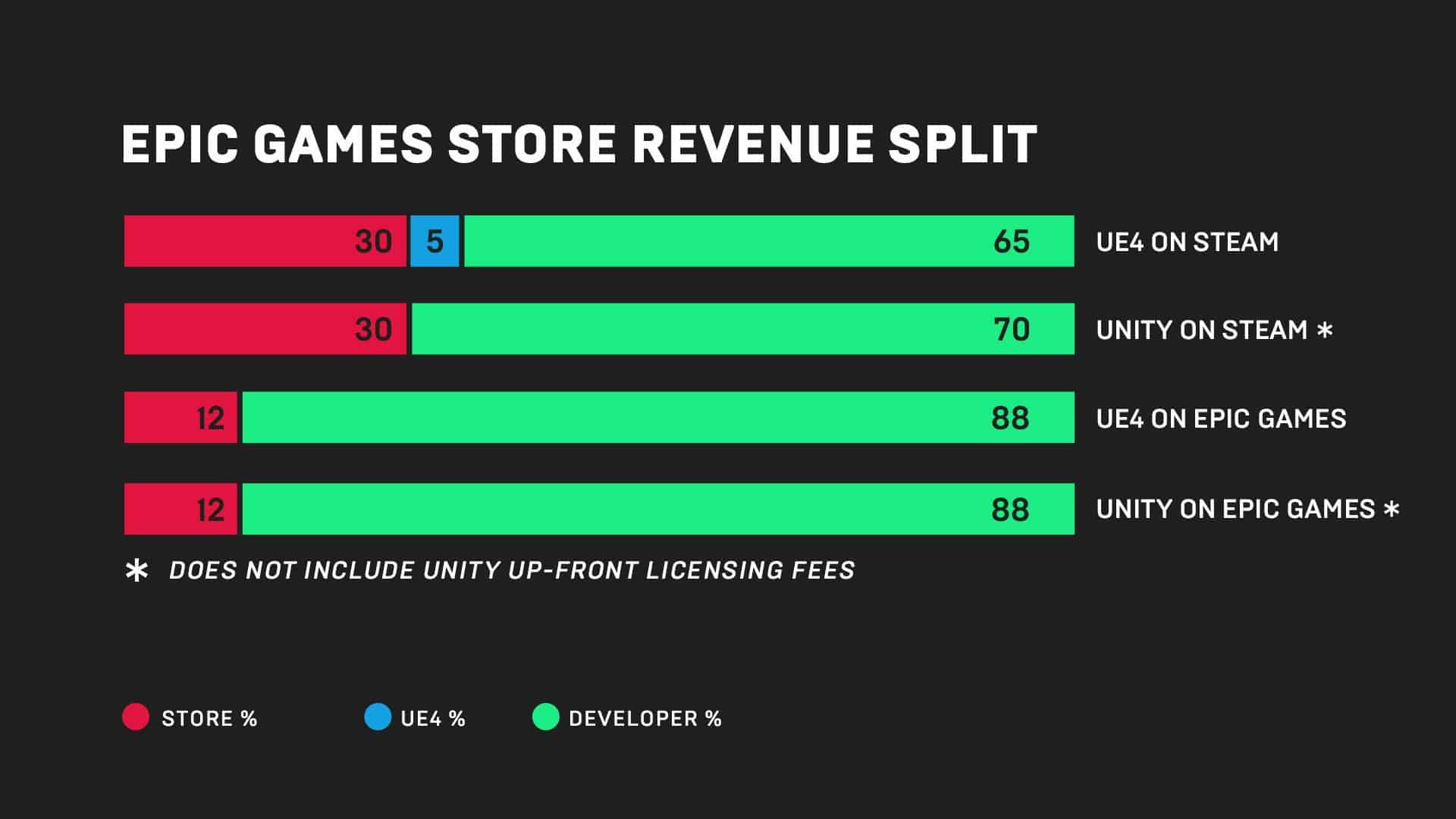
Is it a coincidence that Valve announced new revenue share tiers on December 1, 2018? The new tiered system adjusts the revenue share to 75%/25% and 80%/20% when game earnings exceed $10 million and $50 million on Steam.
Epic Game Store makes no distinction between big and small publishers, and the company reassures in the announcement that games built with any engine will be welcome.
Epic Games plans to give developers and publishers more control over their Store presence. The company notes that developers are in control of the game pages on the store, and that game pages won't have "store-placed ads or cross-marketing of competing games", and "no paid ads in search results".
The company unveiled a revenue share incentive that is powered by the Epic Games Support-A-Creator program. Creators, e.g. YouTube or Twitch streamers, may refer players to earn a share of sales.
Companies set the percentage that they want creators to get; Epic revealed that it will cover the first 5% of revenue sharing in the first two Store years.
Closing Words
Epic Games has some pull thanks to the popularity of the Unreal Engine and its game franchises. The store's revenue share model makes it attractive for publishers who might upload their games to the Epic Games Store and to Steam to reach a wider audience.
It is almost certain that Epic's store won't have games from Ubisoft, Electronic Arts, Blizzard, and other game developers or publishers that operate their own Store. Some games from these publishers get published on Steam because of Steam's reach.
It is unclear how gamers will benefit from the Store as Epic Games has not revealed anything about the Store's functionality and features.
Getting developers and content creators on Twitch or Steam on board is a crucial step, and it appears that Epic Games has that step covered.
Now you: do you use online game stores? If so, which do you use?



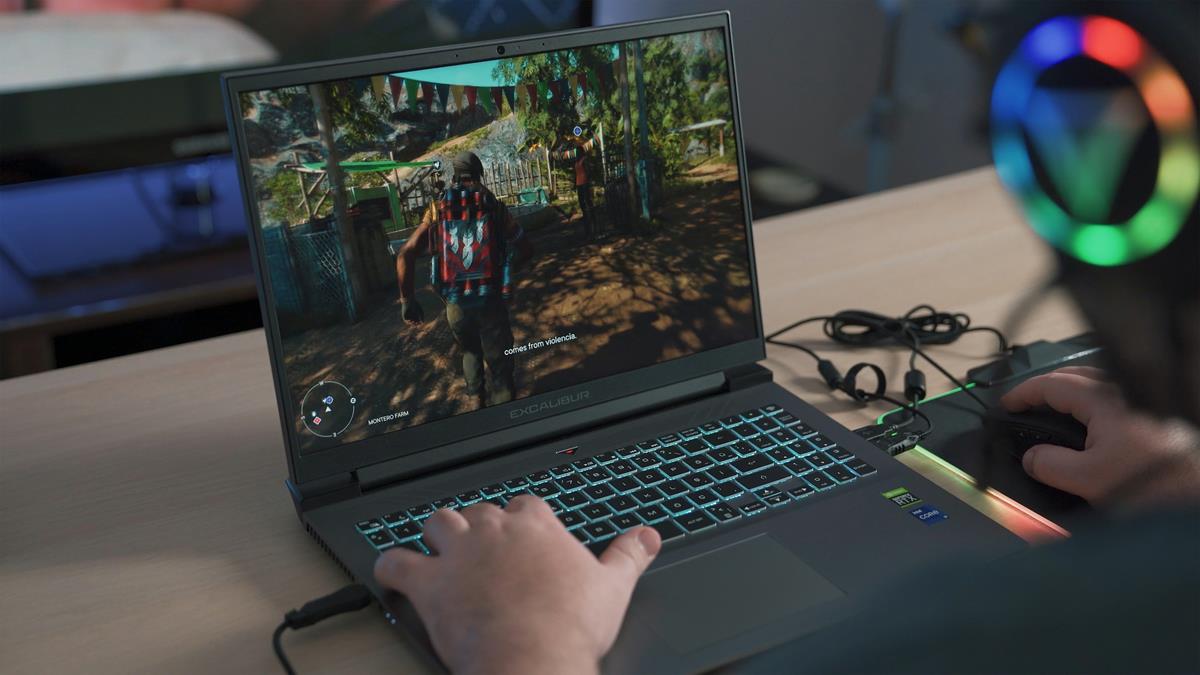






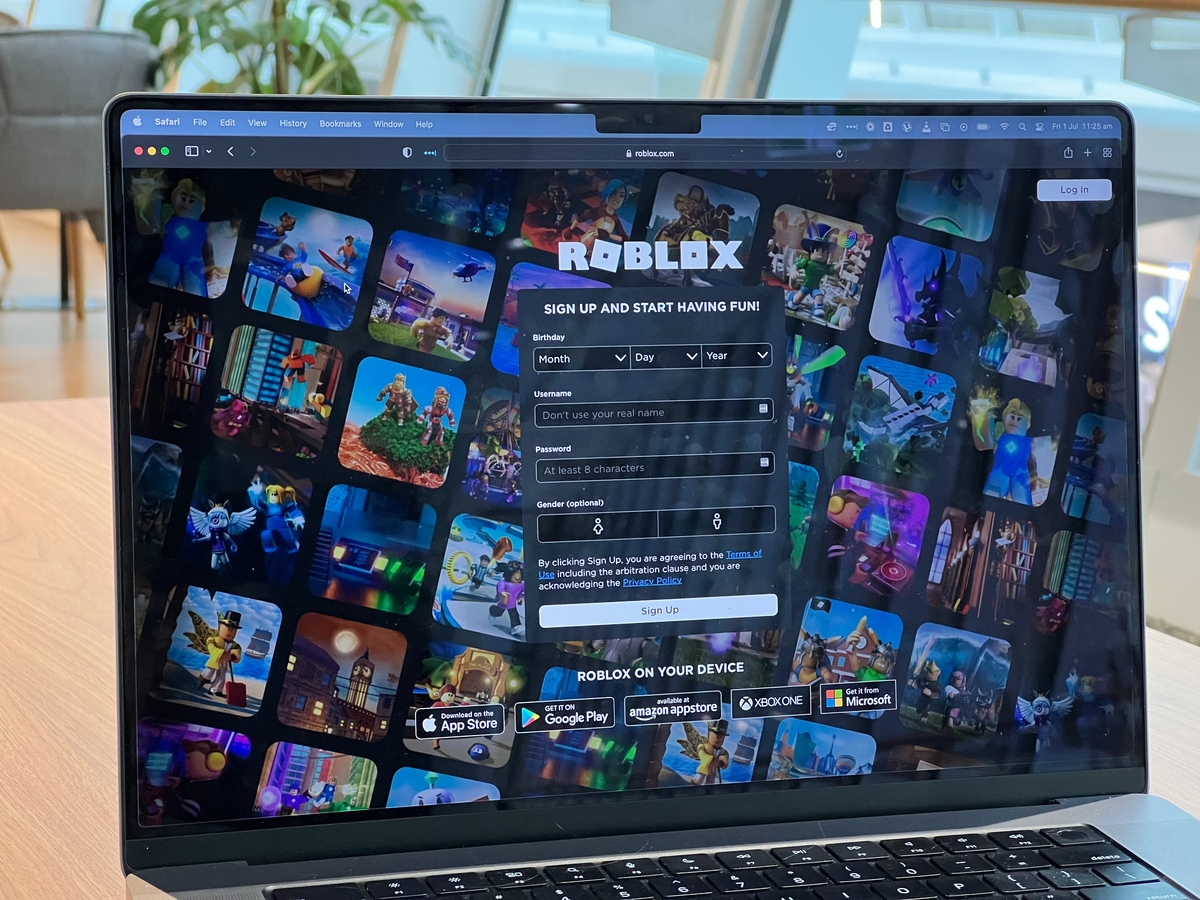
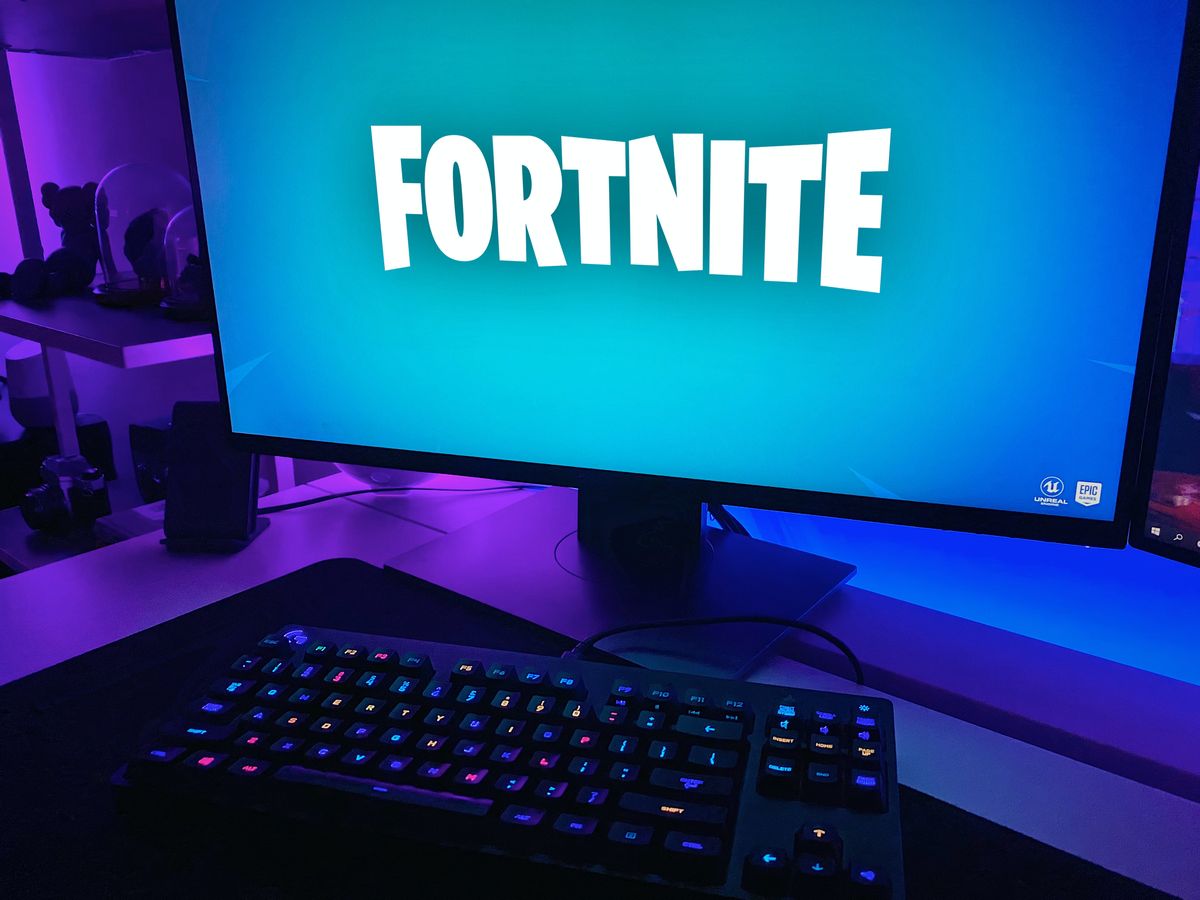
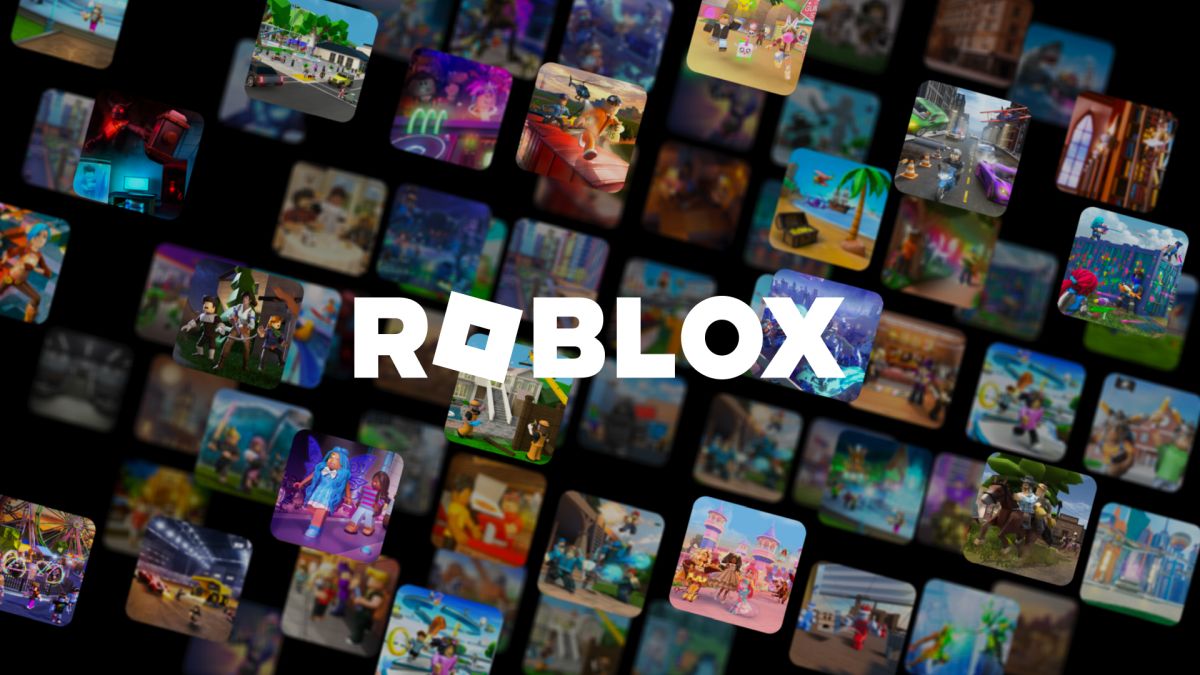











I like how back in the day Steam was supposed to be a cheaper alternative to games sold in physical stores due to lower distribution costs. Nowadays it doesn’t matter whether I buy online or not, the prices are equal. But hey, maybe digital distribution ain’t that cheap after all, I wouldn’t know.
What’s worse, though, is that after the introduction of Steam Greenlight the entire platform has pretty much become a flaming garbage can. What technically seemed like a good idea, allowed for many terrible games to flood Steam to the point where browsing through New Releases these days to find some indie gems is just not feasible anymore. Steam has completely failed in providing any sort of sensible moderation or any decent filters to help us sift through all the trash.
I’ve always felt that, despite all the hype, Valve products were lazy and Steam is no exception (still, I’ve got like 300 games on there :\), so I seriously hope someone comes out with an alternative platform, especially for indie devs who need a place to release quality projects and don’t necessarily have the resources to compete with shit Unity games done over the weekend by some 14 year old that constitute like 80% of what’s released on Steam these days.
that’s not the reason why games aren’t cheaper on steam than physical copies. brick stores had and still have leverage (at least in terms of console sales) on publishers to make online versions not cheaper. obviously publishers isn’t going to say no to higher (or rather, equal) prices either.
steam might not be great, but it’s good enough, established a foothold when older competitors (eg stardock’s impulse) failed to grow. as it stands, battle.net, uplay are worse than steam, nevermind windows store. (though i could do with the steam web browser having adblockers of some sort) doubt epic’s offer is going to be better. unless something is seriously better, it’s not going to dislodge steam, not even if they offer to “giveaway” a copy of all games in someone’s steam library in their own store (the inertia part of the downside in moving away from steam).
there’s absolutely no reason for a developer to have to mange their own store (and the security nightmare that’ll follow), that’s why things like steam exist. they take care of payment and delivery. users like it as it involves 1 account rather than a separate account for each game. the more accounts you need to have the bigger chance you have of losing info, getting scammed.
@efs: “there’s absolutely no reason for a developer to have to mange their own store”
Well, there is at least one reason, although it likely doesn’t matter. There are people who won’t buy games through Steam (or any of the alternatives). If a developer wants to sell games to those people, then they’d have to provide a different method of purchasing.
It probably doesn’t matter because developers are clearly making plenty of money by just using the stores, and the people that excludes don’t matter to them.
your average physical goods manufacturer do not do retail. they get a retailer to sell things retail, be it a physical store, supermarket, or something like amazon. why? they shouldn’t need to open a store because that’s not their expertise. that’s why developers go with publishers. someone to front the money and someone to distribute the stuff.
selling things themselves isn’t just plonking down some 3rd party retail software. they have to be the ones doing the work if things go wrong, and things going wrong is inevitable, eg credit card fraud, ddos attacks, outright customer database getting hacked. having someone else shoulder that risk is appealing. either that or they end up having to hire someone to mind the store, might even end up with a store team bigger than the dev team if it becomes successful. not to mention the cost of hosting their software.
customers don’t like steam? go gog as well. or some other alternative. at least they don’t have to manufacture an actual box nowadays to sell in stores.
@efs; “they shouldn’t need to open a store because that’s not their expertise. that’s why developers go with publishers”
Yes, I understand why developers go with such stores. I’m just saying that (unlike physical retailers, who are much less problematic), going solely with such a store automatically excludes some people who would otherwise buy their application. Also, as I said, I understand that developers generally don’t care about that.
I only bring it up because stores like Steam are one of the major things that got me to stop buying new games, and nothing about the Epic Games store looks like it would change that.
Steam is providing a valuable service, otherwise it wouldn’t exist. It has given independent game developers the opportunity to reach hundreds of thousands of players overnight.
Unfortunately it has become a monopoly, doe to the network effect.
If it is so bad, then we would expect a competitor taking advantage of that, but that has not happened yet.
Granted, Steam is indeed surprisingly bad in terms of overall quality, even though it’s the best we have right now. They seized an early opportunity, and as a result Valve is the company with the biggest revenue/employee ratio. No other company in the world makes so much money with so few employees. Most of it is going into the pockets of the bosses, so it’s a parasitic business model.
It is time for a competitor, which in theory should be very easy due to Steam’s high 30% cut.
Yeah. Steam is on the top now because it’s been there for really long time. With only 12% cut for all developers, let’s see if Epic can topple Steam or not.
@user17843
I have no doubt that many people get some sort of value out of it. From my point of view, however, the entire concept is flawed and it’s hard to see how competition would improve things for me.
What would improve things is if (as some actually do) game developers provided a way to buy and play their games without involving stores like this at all.
Game stores like Steam and others are a plague that shouldn’t exist. They’re just big DRM, with spyware and ads added. They have “social” functions where they censor discussions heavily. Like Chrome and Chrome OS, these already highly invading pieces of malware now want to become the whole OS, with SteamOS. I never install the Steam version of a game if there is a non-store version available, and there are games I decided not to install just because they were only available on those stores.
GOG does not have DRM
@Anonymous: I agree. My experience is entirely with Steam — which, I understand, is one of the least problematic ones (although still problematic).
I ran with it for a few years, but eventually it grew to be too much of a pain in the butt and I stopped using it. That so many games require it is a large (but not the only) factor that drove me away from modern games almost entirely.
GOG forever!
Someone’s not familiar with GOG then. :V